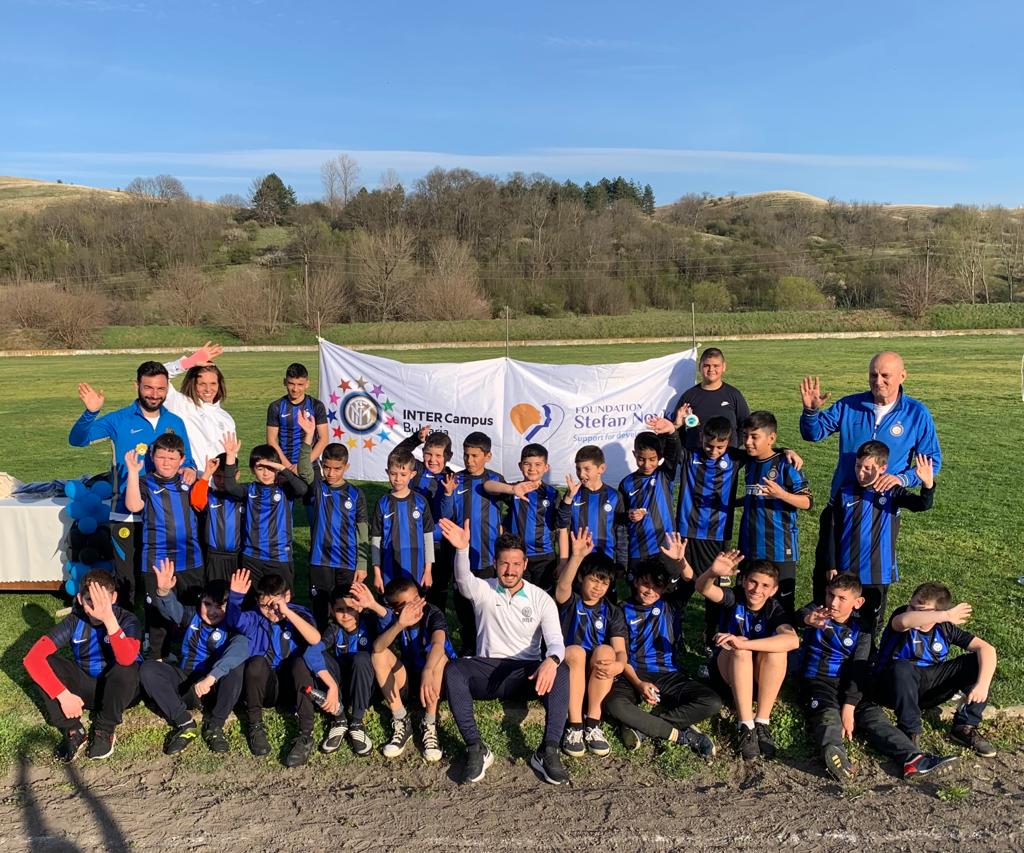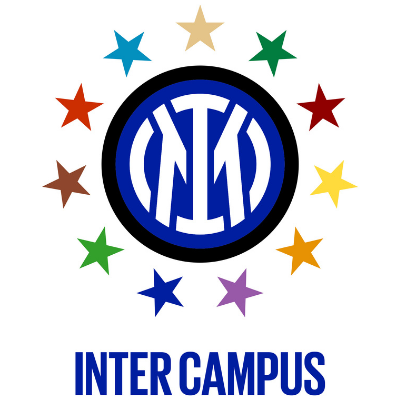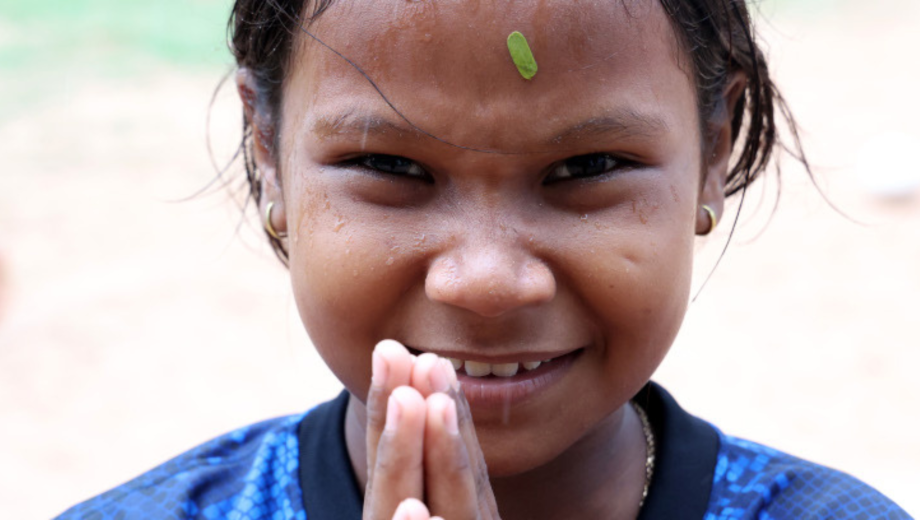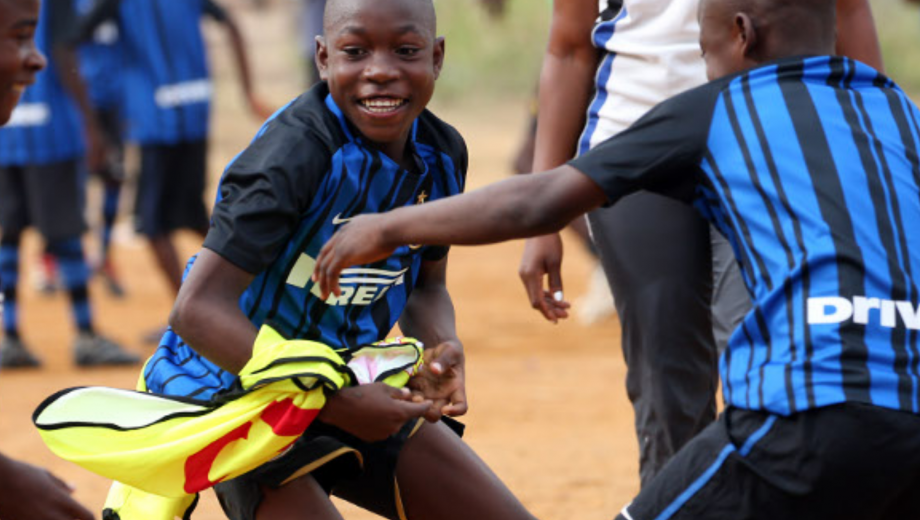Inter Campus visits the banks of the Danube River between Bulgaria and Romania
A project that breaks down barriers, initiated by Inter Campus in Bulgaria.
The Danube River traces the border between Bulgaria and Romania before flowing into the Black Sea. In
this depressed and depopulated area, one of the poorest regions in the European Union, the Montana area in the far north-west of the country, Inter Campus has launched a new project together with its local partner, the Stefan Noykov Foundation.
A programme with around forty children from the two schools in the municipality of Valchedram, an area with around 4000 inhabitants. During the decades of the socialist period, the region experienced a strong process of industrialisation, developed within the paradigms of the planned economy. With the fall of the wall, however, the large factories entered an irreversible crisis and were dismantled, leaving the inhabitants of the region with increasingly grey prospects.

To avoid poverty and unemployment, many left the country, a phenomenon that has thoroughly depopulated north-western Bulgaria. A process that has condemned the region to an increasingly bleak economic and social landscape. For a young person from this region, there are no prospects. This is also why the parents of those who have not migrated abroad are so hopeful about the realisation of the Inter Campus project.
In a country of 7,200,000 inhabitants, 5.5 million are Bulgarians, over a million are Roma and slightly fewer are of Turkish origin. In this north-west region, the percentages are very different. The majority of the remaining population is of Roma ethnicity or Turkish origin. Among our children, only 15% are Bulgarian. The Roma are the largest ethnic minority. Many of them are socially marginalised and discriminated against, live in poverty and have no employment. Social, cultural and economic barriers make access to education and healthcare more difficult for their community.




